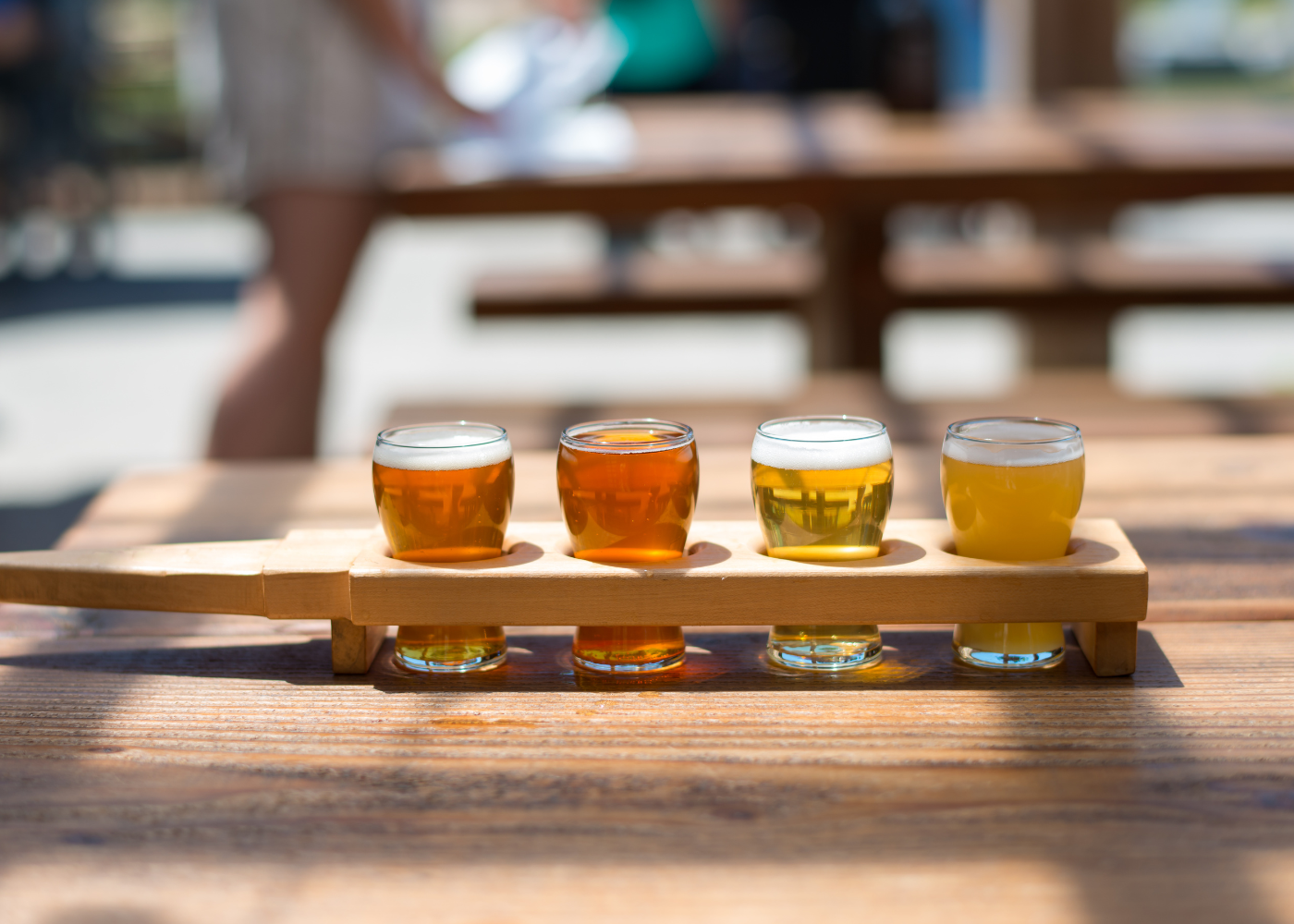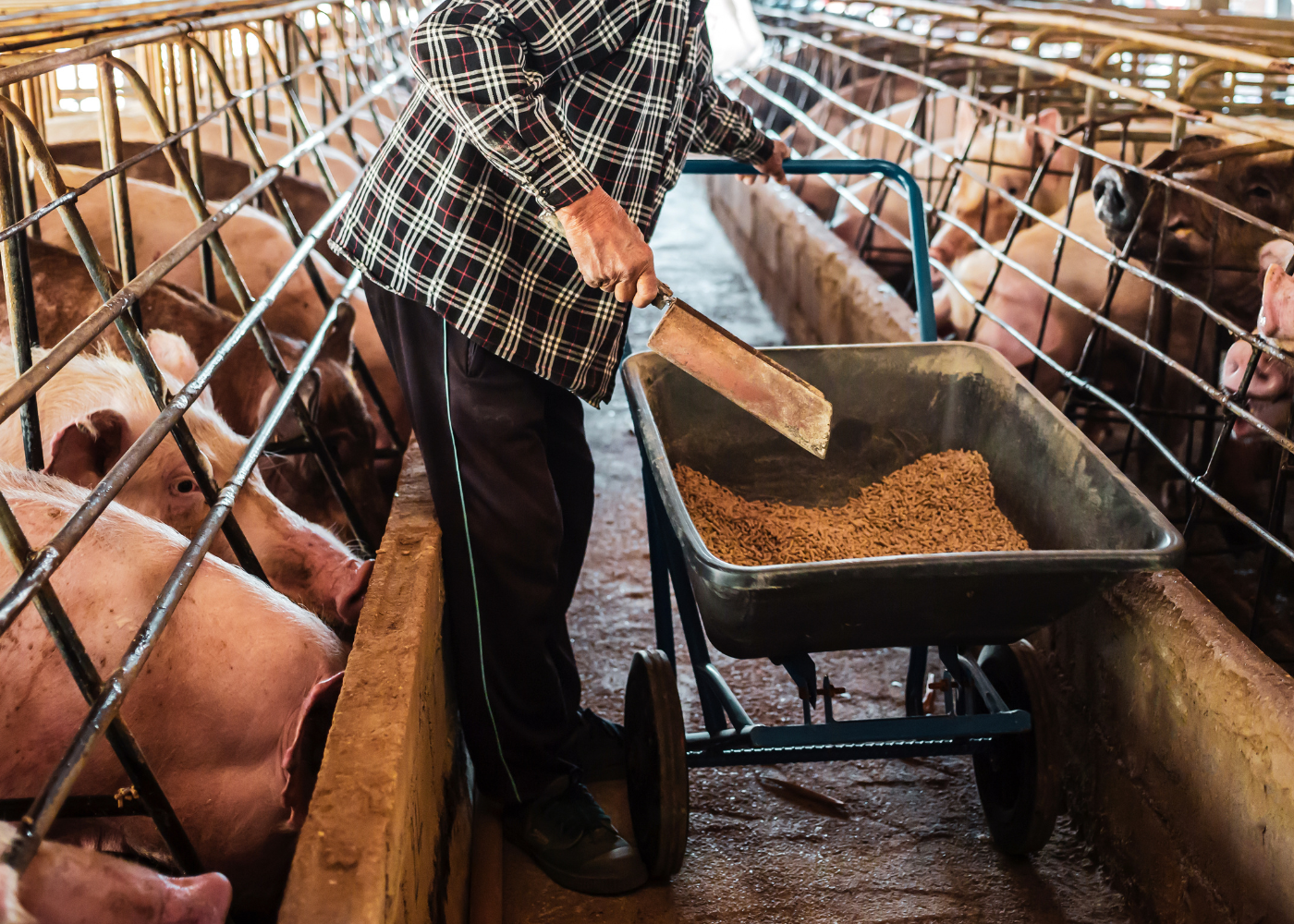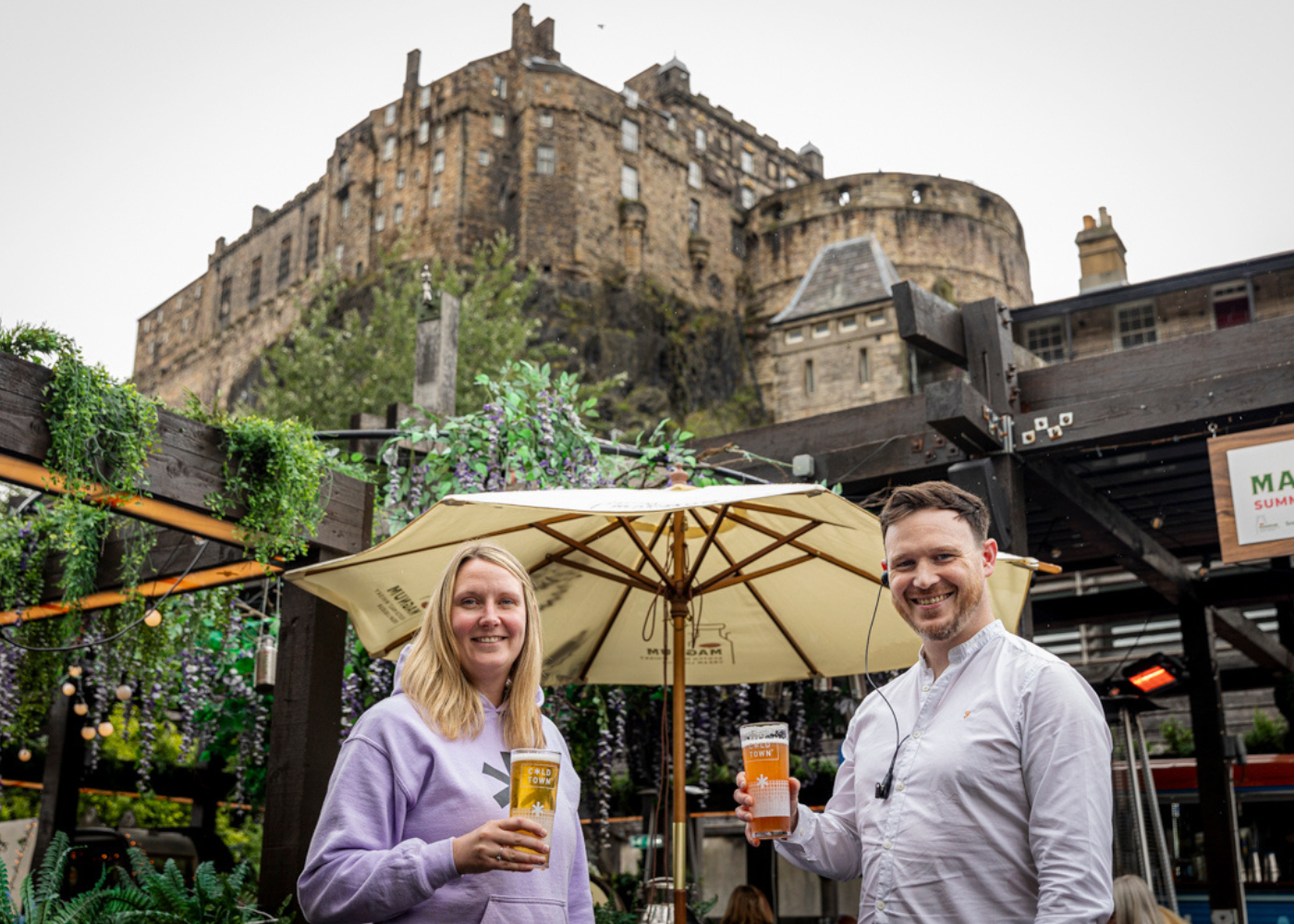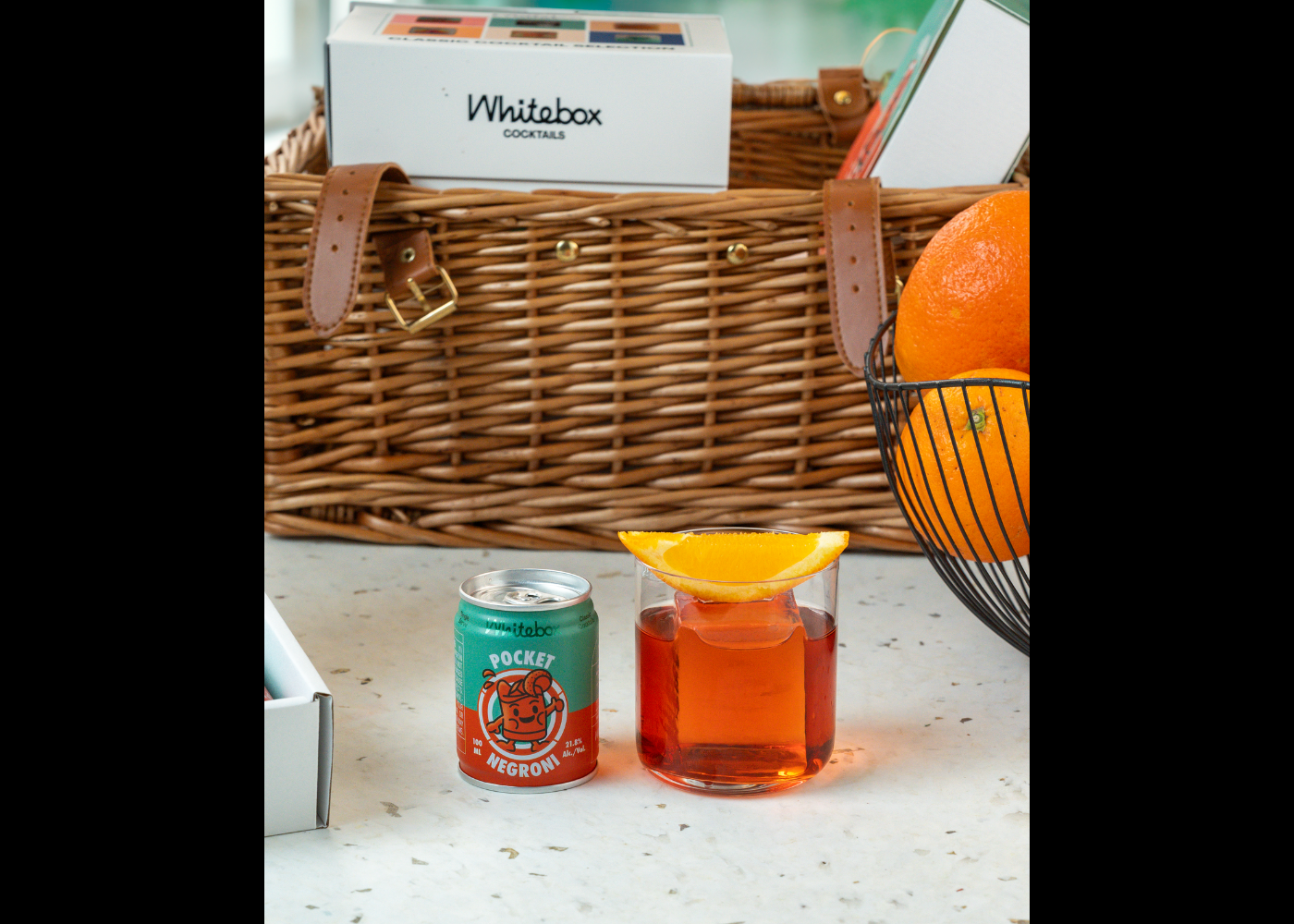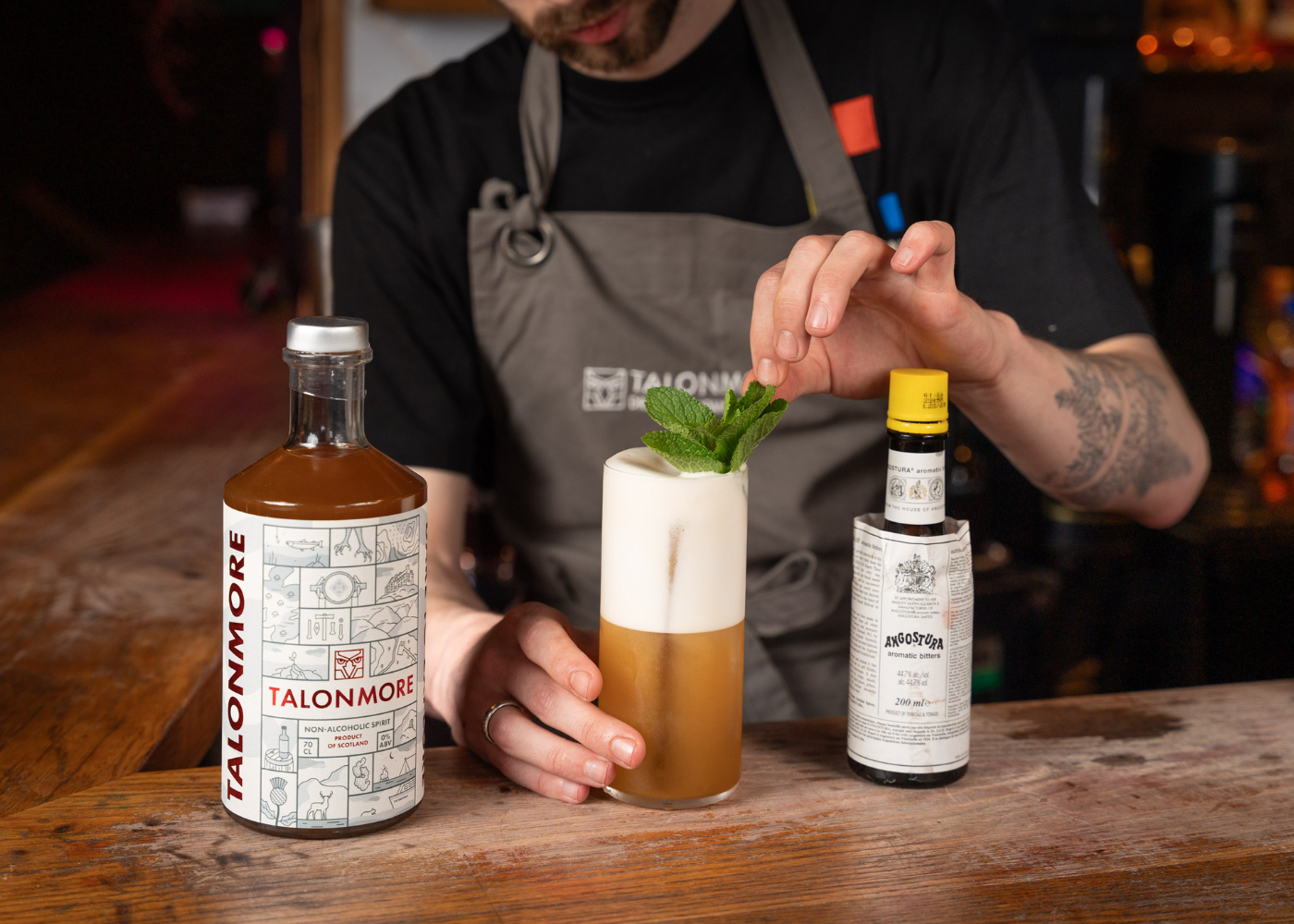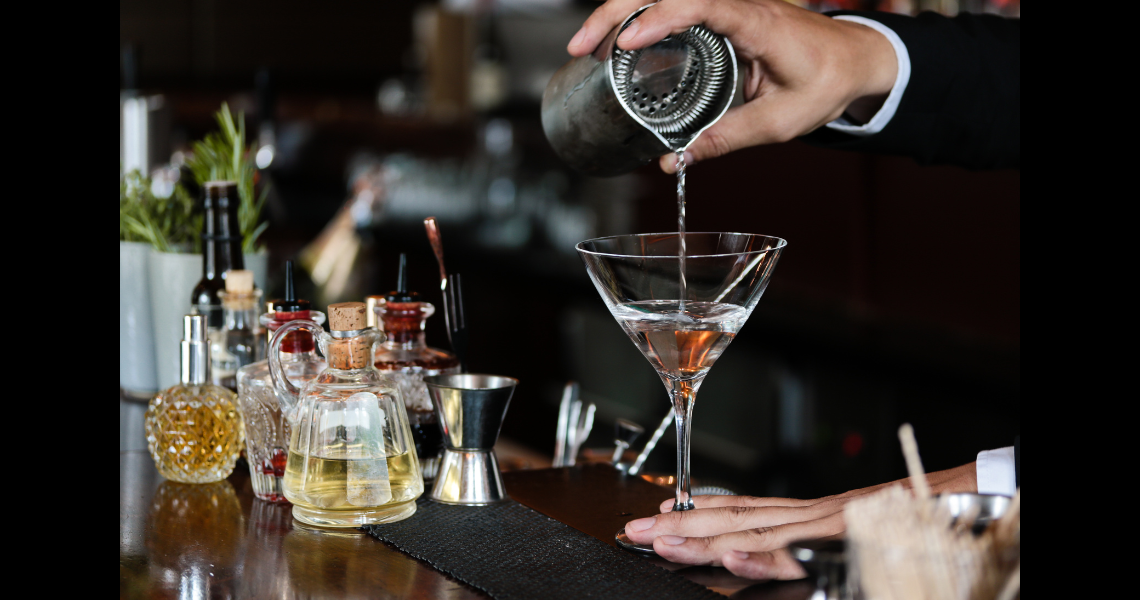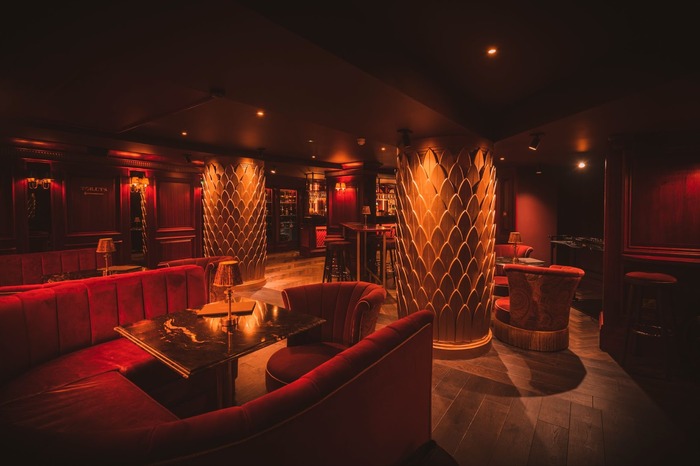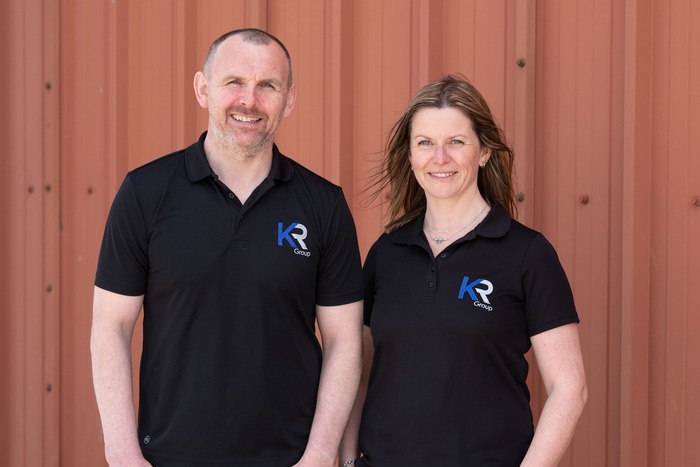SOME of the world’s biggest whisky and beer companies have united to warn the Scottish Government that its proposed ban on alcohol advertising will “destroy Scotland’s drinks industry”.
More than 100 drinks companies including BrewDog, Chivas Brothers, Budweiser Brewing Group, Lanson Champagne, Diageo, Whyte & Mackay and Tennent’s Lager have signed an open letter to Holyrood ministers to urge them to abandon the plan, which at its most extreme would stop alcohol branding or advertising in public spaces or online.
The intervention comes as former Scottish Government minister Fergus Ewing described another drinks sector intervention – the deposit return scheme – as the worst idea he’s seen in 43 years of politics.
The Scottish Government’s consultation about the alcohol advertising proposals is due to conclude next month.
Subscribe to our daily newsletter
Why? Free to subscribe, no paywall, daily business news digest.
The open letter, published in The Times today, marks a new front in the campaign against the restrictions, which could also spell the end of drink companies’ sponsorship of sport and live events such as festivals.
Distilleries and brewery shops risk being barred from selling branded merchandise to visitors, and drinks branding would have to be removed from pub umbrellas and glassware.
Ministers are also considering a ban on outdoor advertising of alcohol, including on vehicles, and forbidding adverts in newspapers and magazines. The companies fear a “blanket ban on alcohol advertising and sponsorship” in Scotland.
The companies say there is no evidence to justify the move to ban advertising and marketing. They state: “Restricting the ability to promote and market products responsibly will remove a vital route to market and go against the Scottish government’s vision to double the turnover of the food and drink sector by 2030.
“A further unintended consequence would be the blocking of a key source of vital funds to Scotland’s sports and arts and culture sectors.”
The sector employs 88,700 people in Scotland, and contributes £6.1 billion a year to the economy. The letter describes whisky, beers and gins produced in Scotland as being “iconic exports which in turn drive our economy at home”.
The companies insist they “recognise and share in the Scottish Government’s determination to reduce harmful consumption of alcohol”, adding that there will be “further workable steps” the sector can take to help.
They argue, however: “These proposals will not serve to achieve this and do not address the root cause of why someone might come to have a harmful relationship with alcohol”.
Russell Borthwick, chief executive of Aberdeen & Grampian Chamber of Commerce, added his backing to the drinks sector’s intervention.
He said: “When did this become a country where people are unable to make their own minds up? The proposed advertising ban is a dangerous, dystopian intervention from an administration which is becoming obsessed with pursuing snowflake policies at any economic cost.
“Just a few months ago, ministers promised a reset of the relationship with business. Since then, they have sought to bring a premature end to the oil and gas sector, gone to war with Scotland’s world-renowned whisky and drinks sector, and been taken to court by landlords.
“The anti-business positions being proposed by the Scottish Government right now are bordering on dangerous and have placed tens of thousands of jobs on the line. Our politicians need to start listening to their key industries and employers, or face losing them and the billions of pounds they generate for the Scottish economy.”
Meanwhile, The recycling policy of the Scottish Government, criticised as “unworkable” by 600 businesses, has been described by a former SNP minister as the “worst” in his 43 years in politics.
Fergus Ewing said the deposit return scheme would “decimate” the drinks sector and he warned that tens of thousands of businesses would face “severe adverse consequences”.
The former cabinet secretary for the rural economy, described the scheme as a “tragedy in the making”.
“Many businesses have told me in confidence that they simply cannot afford to pay the upfront costs or additional operation costs, such as running two sets of labels for markets in Scotland and the rest of the UK,” he told The Times.
“Even for pretty small to middling-size businesses the upfront costs can be £15,000 to £20,000 and the need for different labelling for Scotland and the rest of the UK involves additional storage SKUs [stock keeping units] and different labelling and barcodes.
“This scheme, the various Scottish government estimates of its cost, and the regulations themselves are the worst I have seen in 43 years.”
He called for deposit scheme to be paused pending an independent review.





